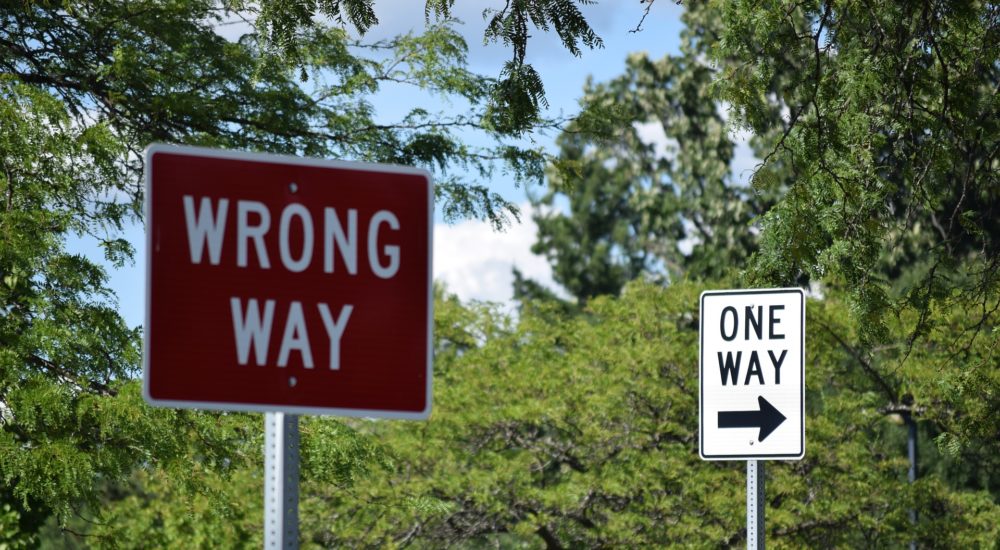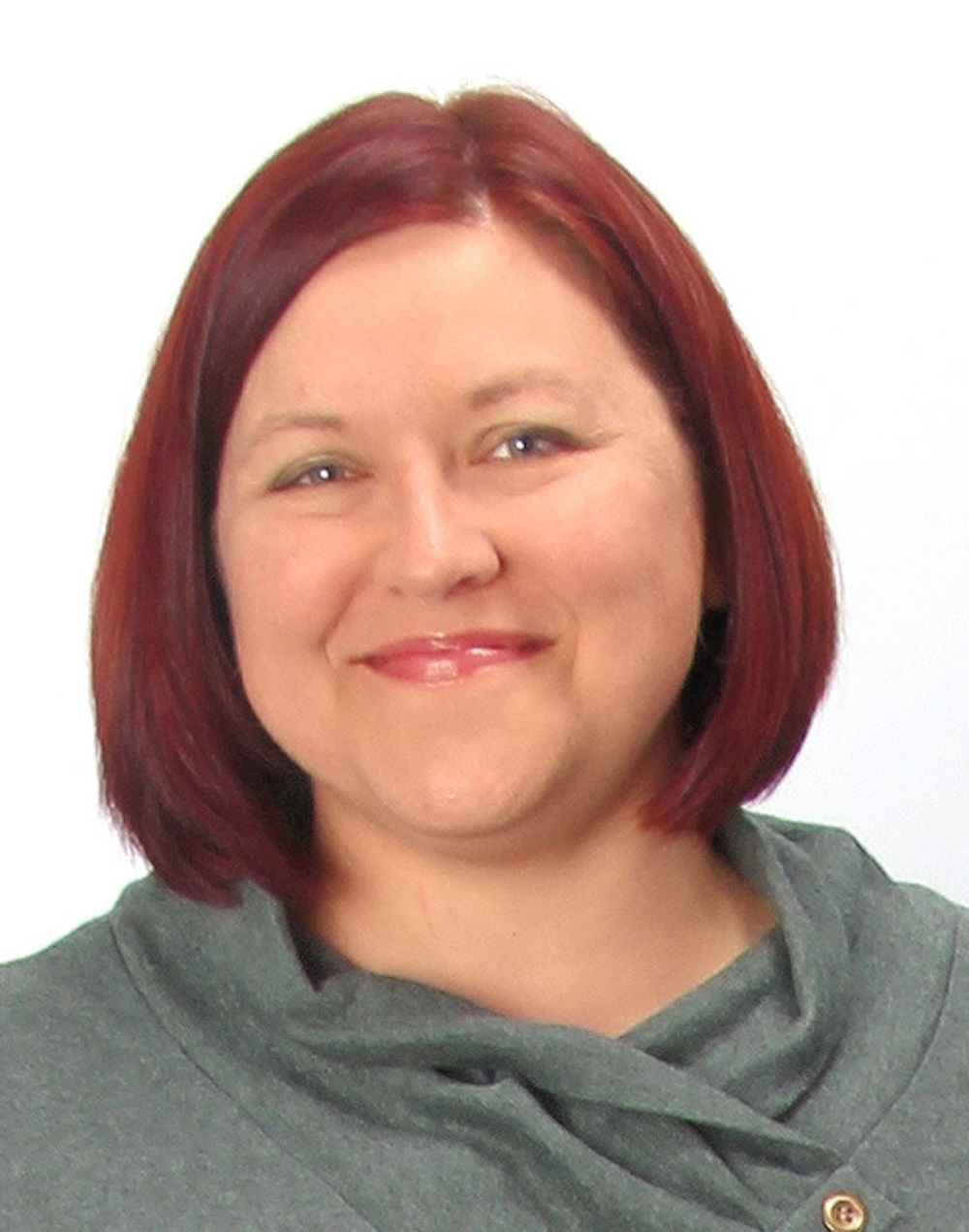If We Treated Public Schools Like Homeschools
Recently, Harvard Magazine published an article by Erin O’Donnell entitled “The Risks of Homeschooling,” featuring Elizabeth Bartholet, the Morris Wasserstein Public Interest Professor of Law at Harvard and Faculty Director of the Child Advocacy Program. The misspelling of arithmetic on the article’s illustration was perhaps the least egregious mistake made.
In the article, Bartholet calls for a total ban of homeschooling; “Homeschooling, she says, not only violates children’s right to a ‘meaningful education’ and their right to be protected from potential child abuse, but may keep them from contributing positively to a democratic society.”
The article leans heavily on the usual homeschooling tropes regarding socialization, assimilation, religiosity, and educational deficiencies. O’Donnell summarizes Batholet with a flourish saying, “These parents are ‘extreme religious ideologues’ who question science and promote female subservience and white supremacy.”
Other than citing the memoir Educated by Tara Westover, a woman who grew up in an abusive family that happened to homeschool, neither the author of the article nor the main contributor offered any substantive research or evidence to support their inflammatory statements. Perhaps if Batholet, who in a paper published in The Arizona Law Review referred to homeschooling as a violation of a child’s human rights, had spoken with the many homeschool graduates who attend or have attended Harvard, she may have realized the folly of her confirmation bias while looking into this subject.
The Harvard Crimson featured an article, “From Homeschool to Harvard,” reporting on the success of several formerly homeschooled students at the University. “Homeschooling prepared me for Harvard really well because it fostered such a strong love for the act of learning,” [Olivia S.] Farrar [Harvard class of 2021] said. “Not learning for a grade, not learning for an exam, but learning for the sheer love of knowledge itself.”
In the same Crimson Tide article, Dean of Freshmen Thomas A. Dingman ’67 spoke about how well homeschool graduates do at Harvard, saying, “We’ve had lots of success with students who identify as homeschooled. It’s changed over time, so I don’t know that you can say these are people who’ve only gotten their education within the four walls of their home.”
This is a sentiment echoed by education expert Dr. Susan Berry in a Business Insider article “Homeschooling Is the New Path to Harvard.” In it, she says, “Schools such as Massachusetts Institute of Technology, Harvard, Stanford, and Duke University all actively recruit homeschoolers.” She goes on to say, “The high achievement level of homeschoolers is readily recognized by recruiters from some of the best colleges in the nation.”
However, the crux of the Harvard Magazine article is not really about education. In her response to this article, Melba Pearson, a Harvard and homeschool graduate, states the fundamental problem: “In essence, this article is not an attack on a form of education some might view as lesser quality. In essence, this article is an attack on the fundamental rights and freedoms that make our country (and until recently, institutions such as Harvard) what they are.” Pearson’s assertion is supported by Batholet’s own words in the Arizona Law Review:
“The legal claim made in defense of the current homeschooling regime is based on a dangerous idea about parent rights—that those with enormous physical and other power over infants and children should be subject to virtually no check on that power. That parents should have monopoly control over children’s lives, development, and experience. That parents who are committed to beliefs and values counter to those of the larger society are entitled to bring their children up in isolation, so as to help ensure that they will replicate the parents’ views and lifestyle choices… The legal claim is also inconsistent with an idea that has been central since the beginning of compulsory education—that the state has a powerful interest in educating children in ways that enable positive participation in the larger society.”
This quotation is reminiscent of George Orwell’s 1984, in which offspring and parents are pitted against each other while the children are trained up in the doctrine of the government to watch their parents “night and day for symptoms of unorthodoxy.” In the novel, this over-reaching government intrusion into parenting “produced in them no tendency whatever to rebel against the discipline of the Party. On the contrary, they adore the Party and everything connected with it.” If parents lose the right to pass on their beliefs to their children, how long will it be before children are accusing their parents of being “thought-criminals”?
As a 13-year homeschool veteran, there is very little in the Havard Magazine article that is surprising. Worse than its prejudice is its unoriginality; we have heard it all before. This is not to say that homeschooling in a utopia in which all children are presented with every opportunity they need to reach their highest self-actualization and potential and every parent is a model teacher. Any homeschooler can tell you who are the engaged and disengaged parents in their particular homeschooling community.
However, this conversation would sound like many of the conversations that happen between parents near the end of the summer when they receive their child’s classroom assignment for the next year because they all know who the good and not so good teachers are in the school. Therein lies the problem; parents who homeschool are regularly held to a different standard than those who choose to send their children to public schools.
So what if people discussed public schools the way that they discuss homeschool? Would we question parents’ motivations to send their children to public school knowing that, according to a study commissioned by the National Institute of Justice, Office of Justice Programs, and U.S. Department of Justice, one in 10 students will experience sexual misconduct by a school employee before they graduate from high school?
Furthermore, the study found, “Victims of school employee sexual misconduct span most demographic characteristics, though students who are low income, female, and in high school are most likely to experience sexual misconduct by a school employee.” Shockingly, one offending teacher can have as many as 73 victims over the course of their career.
Bartholet claims that homeschooled children are at greater risk of abuse because they are not under the watchful eye of school administrators. Parents of public school students may be operating under a false sense of security if they think that the school can protect their children from these abusers.
Researchers found that “contrary to common conception, school employee sexual misconduct offenders are typically popular and they often have been recognized for excellence.” Furthermore, “school employees are apprehensive about reporting school employee sexual misconduct to authorities for a variety of reasons, including the potential stigma and loss of reputation for the school or district, as well as fear of legal repercussions and liability for monetary damages. Thus, despite clear policies and laws requiring reporting and potential legal consequences for failing to do so, only an estimated five percent of school employee sexual misconduct incidents known to school employees are reported to law enforcement or child welfare personnel.”
This delinquency of reporting is substantiated in a report on sexual misconduct in public schools compiled by the U.S. Department of Education that states, “Only 5 to 6 percent of child sexual abuse cases become known to social services or the police.” Should we consider parents who would willingly place their children in the potentially dangerous and poorly regulated environment of a public school negligent?
According to the National School Safety Center and National School Safety and Security Services, last month was the first March since 2002 without a school shooting in this country. According to a report compiled by CNN, there have been 180 school shootings over the last decade with the last three years being the most deadly. Are parents who send their children to public school knowing this statistic derelict in their duty to protect their children?
Perhaps these risks are worth it in order to give their children access to the 7th best education in the world behind Switzerland, Canada, Japan, Germany, Australia, and the United Kingdom. However, that 6th place is just the opinion of US News. If one were to look at America’s ranking on the PISA test, we would rank 38th in the world in math scores, 19th in science, and 14th in reading. As a point of comparison, Estonia ranked 8th, 5th, and 5th respectively in these categories. Still, we do not claim that parents are depriving their children of a proper education by sending them to public schools.
Nonetheless, public schools provide children with a safe space to learn to socialize with others. That is if you overlook the fact that, according to the National Center for Education Statistics and Bureau of Justice, 20 percent of students report being bullied at school. Victims of bullying are “2.2 times more likely to have suicide ideation and 2.6 times more likely to attempt suicide than students not facing victimization.” This is a growing problem as, according to the CDC, teen suicides increased more than 30 percent overall from 2010 to 2015 and by 65 percent for girls in that same period. Yet, we don’t see articles calling for the closing of public schools because these schools are a danger to girls
The point of all of these data points is that even with all of its flaws, the idea of banning public schools because of the potential harm that they can cause to children would be considered a ludicrous idea. However, any incidence of irregularity in the homeschool community is frequently met with a chorus of criticism the ranges from a demand for more oversight to the removal of a parent’s right to home educate their children. Homeschoolers are looked at with suspicion and animosity, and this article from Harvard Magazine is just the latest to take that derivative tactic. Homeschooling is not a panacea, but neither is traditional schools.
The homeschool community will survive this latest barrage of criticism because, revisiting George Orwell for just a moment, “Being in a minority, even in a minority of one, did not make you mad. There was truth and there was untruth, and if you clung to the truth even against the whole world, you were not mad.”


